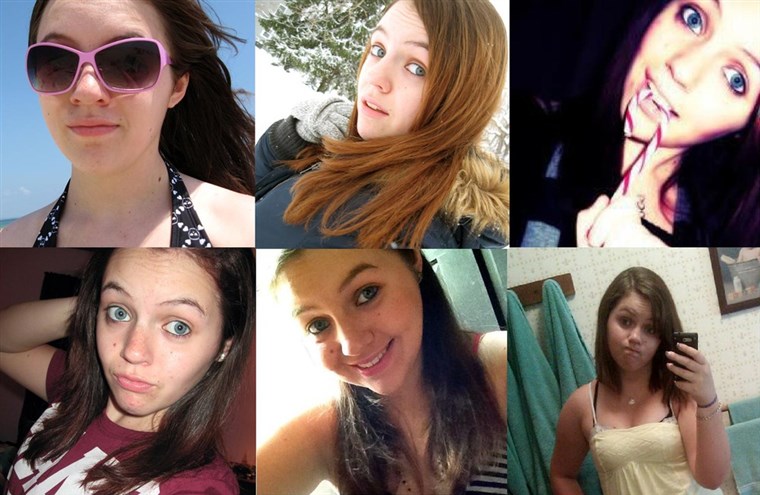One of 10 items cross-posted from SEMIONAUT.
It was before Photography that men had the most to say about the vision of the double. Heautoscopy was compared with an hallucinosis; for centuries this was a great mythic theme. But today it is as if we repressed the profound madness of Photography.
Roland Barthes, Camera Lucida (1980)
Never before could we see ourselves at a distance so accurately until photography. Seeing double was a great gestalt and heautoscopy was a great mythic theme that has since subsided with the rise of the photographic image. Barthes wrote Camera Lucida a hundred years after the rise of photography and now, in 2013, mirror images of the world and of ourselves are everywhere. Second Life boasts actual avatars while Facebook is more popular and heavily relies on photography. Perhaps now that the Internet and social media have taken photography to new heights, “the vision of the double” as myth should rise out of repression. The “profound madness” of photography graduated into a mere age of appropriation with its mythic heritage extraordinarily passé. However, Barthes’ admonition is just as powerful in today’s image-based culture.
Facebook launched in 2004 as a reservoir of digital people — essentially doppelgängers. A year ago, there were just under a billion Facebook users. That’s a lot of phantom images and biographical info that contribute to this online analogue.
Mark Zuckerberg, Facebook’s co-founder, stated a rather jarring proclamation: “You have one identity […] The days of you having a different image for your work friends or co-workers and for the other people you know are probably coming to an end pretty quickly […] Having two identities for yourself is an example of a lack of integrity.”
Facebook has become a necessary evil. Those with the most integrity refrain from the social network altogether. Zuckerberg’s idea of branding the person may be the modern way but this does not disarm Zuckerberg flipping what is madness into its opposite, a mark of integrity. It’s no secret that those not so discerning (myself included) give something away when we use it. “I lend myself to the social game, I pose, I know I am posing, I want you to know that I am posing” (Barthes, Camera Lucida). Everybody knows we are posing. What we give away is more than biographical information and family photos. It is the stuff of family albums. We all know that it is “imaginary” but we don’t just lend ourselves to the social game, we place our lives in an open market, making them incredibly vulnerable.
I depend on Facebook for evidence. A moment happens and if it’s not there amongst the relationship statuses, events, and photos, did it happen? “No doubt it is metaphorically that I derive my existence from the photographer,” writes Barthes, who admits his metaphor but where he nonetheless experiences “the anguish of an uncertain filiation.” An unknown person is prying and will use the tentacles of my (profound) self as bait. Facebook and real life are too often mutually informative, making Barthes’ use of ‘metaphorically’ wrought with slippage.
Zuckerberg’s admonition that we should all have only one identity is absurd and illogical. I funnel a portion of me online, my “one identity” by siphoning off myself into the Internet where it sits like a phantom limb, “but (to square the circle) this additional message must in no way alter the precious essence of my individuality: what I am, apart from any effigy” (Barthes, Camera Lucida).
Facebook presents a completely schizophrenic paradigm: a digital medley meant to comprise a whole, the newest gestalt: biographical statistics, thoughts, geographical locations, media, the timeline, and of course photographs and selfies — all meant to comprise my singular identity while hopefully safeguarding my profound self.

Instagram (bought by Facebook) places me into historical context as if I belonged there. Twenty vintage hazes offer my everyday digital images the antiquated appeal of the good old day s— back when we used film and color saturation faded from time. Instagram mocks today’s nostalgic longing by suggesting that we are all old souls and that our quotidian snapshots were already remembered and safeguarded as familial relics — just as our grandparents were. Facebook may be mad but it’s lost its sincerity, making it less virile to our psyches. Instagram barely clings to sincerity, mythologizing our image in the way a painting once could.
The camera trespasses upon the living and the photograph lingers as a ruin. In a search for something authentic, the Millennials made themselves more dead — the photograph with a vintage haze. Furthermore, a posed photograph boasts the anticipating subject, one who opts for paralysis. By these terms, today’s selfies are none other than metaphorical public suicides.
Facebook’s white glow, timeline, news feed, and updates volunteer the artifice of life while the “home” button is a click away, a digital Oz. Is this heaven?
Original publication date: February 2014.


